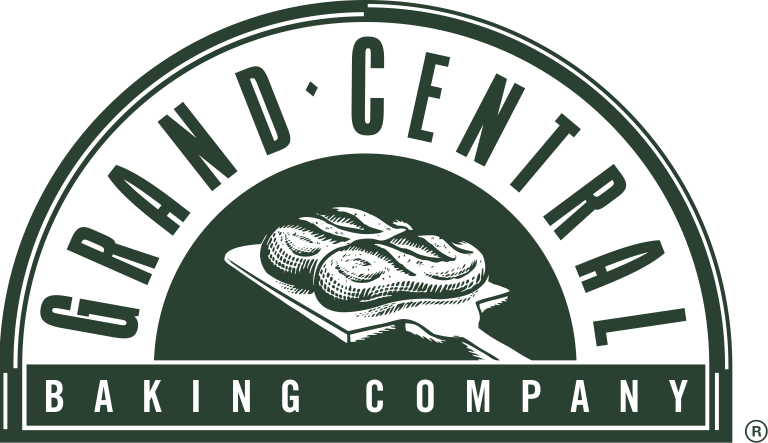

Grand Central Bakery

Oregon, United States
July 2018
Food products
Manufacturing
United States
Grand Central Bakery is the first Certified B Corp bakery in the Pacific Northwest. Established in 1989 in Seattle, the artisan bakery has neighborhood bakery-cafes across Portland and Seattle and wholesale operations in both cities. The locally owned and operated bakery offers traditional hearth breads and handmade pastries as well as seasonal café fare built around the best local and sustainable ingredients. Grand Central Bakery provides hundreds of stable, well-paying jobs with benefits; leverages purchases of local and sustainable ingredients into stability for independent farmers and food producers in the region; and supports nonprofits and community groups especially in the areas of sustainable food and farm systems, immigrant rights, and equity and inclusion. The bakery works with independently owned mission-aligned vendors and food producers around the Pacific Northwest. At all levels of the business, employees strive to do better as stewards of the environment, community members and participants in the regional economy.
Overall B Impact Score
Governance 15.1
Governance evaluates a company's overall mission, engagement around its social/environmental impact, ethics, and transparency. This section also evaluates the ability of a company to protect their mission and formally consider stakeholders in decision making through their corporate structure (e.g. benefit corporation) or corporate governing documents.
What is this? A company with an Impact Business Model is intentionally designed to create a specific positive outcome for one of its stakeholders - such as workers, community, environment, or customers.
Workers 19.9
Workers evaluates a company’s contributions to its employees’ financial security, health & safety, wellness, career development, and engagement & satisfaction. In addition, this section recognizes business models designed to benefit workers, such as companies that are at least 40% owned by non-executive employees and those that have workforce development programs to support individuals with barriers to employment.
Community 34.9
Community evaluates a company’s engagement with and impact on the communities in which it operates, hires from, and sources from. Topics include diversity, equity & inclusion, economic impact, civic engagement, charitable giving, and supply chain management. In addition, this section recognizes business models that are designed to address specific community-oriented problems, such as poverty alleviation through fair trade sourcing or distribution via microenterprises, producer cooperative models, locally focused economic development, and formal charitable giving commitments.
What is this? A company with an Impact Business Model is intentionally designed to create a specific positive outcome for one of its stakeholders - such as workers, community, environment, or customers.
Environment 19.2
Environment evaluates a company’s overall environmental management practices as well as its impact on the air, climate, water, land, and biodiversity. This includes the direct impact of a company’s operations and, when applicable its supply chain and distribution channels. This section also recognizes companies with environmentally innovative production processes and those that sell products or services that have a positive environmental impact. Some examples might include products and services that create renewable energy, reduce consumption or waste, conserve land or wildlife, provide less toxic alternatives to the market, or educate people about environmental problems.
Customers 1.0
Customers evaluates a company’s stewardship of its customers through the quality of its products and services, ethical marketing, data privacy and security, and feedback channels. In addition, this section recognizes products or services that are designed to address a particular social problem for or through its customers, such as health or educational products, arts & media products, serving underserved customers/clients, and services that improve the social impact of other businesses or organizations.